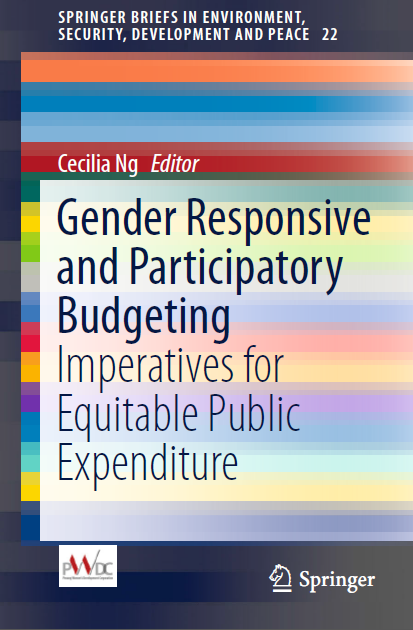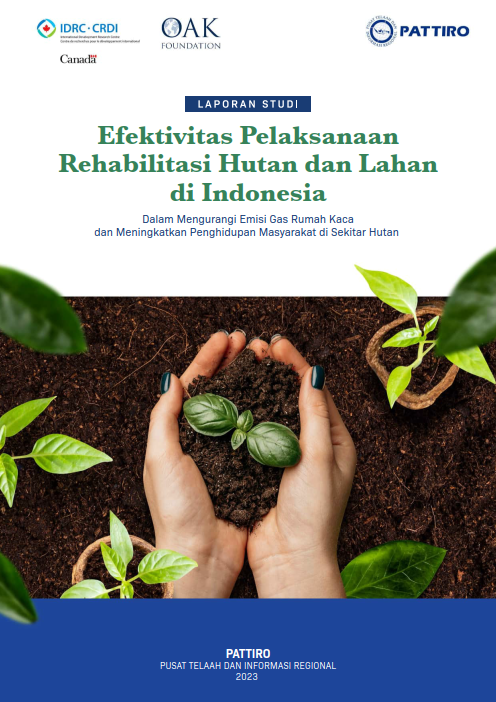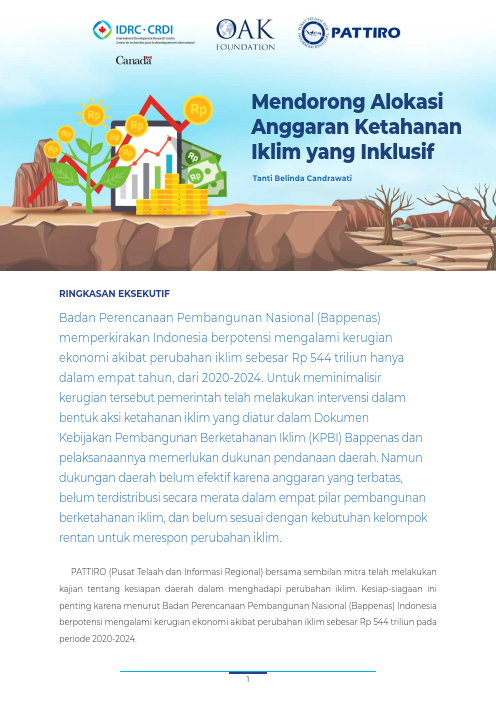 Government budgets reflect the priorities of those who get to influence spending and revenue-raising decisions. Gender Responsive Budgeting (GRB) and Participatory Budgeting (PB) strategies offer different means of challenging traditional, and often invisible, power relationships and budgetary outcomes. Fiscal democratization through inclusive participation in budgetary debates and decision-making processes is essential if governments are to be accountable for their budgetary priorities. It also has the capacity to reveal the differential impacts on different groups of citizens.
Government budgets reflect the priorities of those who get to influence spending and revenue-raising decisions. Gender Responsive Budgeting (GRB) and Participatory Budgeting (PB) strategies offer different means of challenging traditional, and often invisible, power relationships and budgetary outcomes. Fiscal democratization through inclusive participation in budgetary debates and decision-making processes is essential if governments are to be accountable for their budgetary priorities. It also has the capacity to reveal the differential impacts on different groups of citizens.
GRB recognizes that policies and their budgets often impact differently on women and men in systematic ways. GRB strategies respond to the lack of gender neutrality of budgets with analyses of the gender impacts of government spending and revenue raising. They also aim to promote actions to change policies and budget priorities in line with women’s empowerment and gender equality. Framed in this way GRB requires the participation of different groups of women and men, particularly those poorly represented or marginalized.
This book addresses the critical issue of citizen participation through a conversation between those engaged in participatory budgeting and gender responsive budgeting approaches. The book is rich in case studies including examples from Indonesia, India, Nepal, Malaysia, Austria, Philippines and Germany.
To read or download the book, please click the following link:




